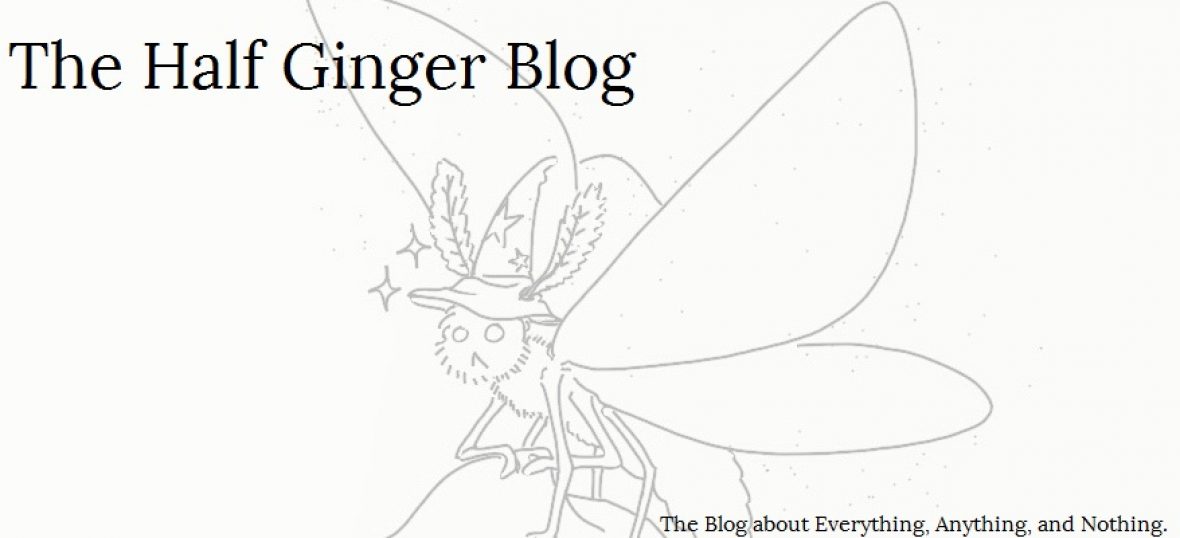
I read more of the book than we are commenting on today because I couldn’t put it down. I’ve got a thing for conspiracy theories and the first part of this book just revels in the hinting of them. One is a theory I heard a lot about growing up, that 9/11 was an inside job (I was in the 5th grade when it happened) and the other the Kennedy Assassination. Most of what I knew about the Kennedy Assassination was what I learned from Dale Gribble on King of the Hill, but as time went on and I got older it was definitely one of those things that intrigued my interests. It was more interesting than something I found believable.
But, anyway…

I appreciate how Manjoo has the dinner party example in the first chapter. Even though this book came out before the big social media boom (it came out the year I joined Facebook, when you still had to tell them which university you attended) I think that his example is quite telling to which direction the world has gone in. No one really checks their information anymore. Memes (even if I disagree with how broad of a term that has become) are spread without checking the information they contain and as the information is so easily shared. You see information that you agree with, hit share, and that’s it. Half the time the information is inaccurate or was created to echo what the intended sharer already believes. The other half of the time the meme is plagued with nonsensical minions or tinkerbell (I have limited knowledge into why this is a thing but I do know these memes are incredibly popular with woman over the age of 35 and I DO NOT understand it in the least).

I see more minion memes than ever because my friends are getting older and having kids and are overcoming that age boundary and I’m scared. Another reason I’m getting rid of a lot of my social media is because I can’t handle the weight of the minions much longer. Thankfully my mother hasn’t descended into the madness but I’m ever prepared for the day when it happens.
When we think of the information we exchange and the information that we want to hear as minions it is easier to track the ideas that Manjoo puts forth. Sure, we’ve got the Instagram models at the dinner party, we’ve got the family oversharing in facebook live streams and youtube videos, we’ve got the weird uncle that just shows up in your house during parties that is on his ninth beer and is fading between yelling and whispering about politics. All of these people attract their own audiences and those audiences start to refuse to listen to others. Minions begin to fight the tinkerbells, because both of them their they are right and the other must be wrong. More and more parties join the rabble and then it just becomes noise.
Noise that we don’t have a button to push to hear what we need to hear to help us grow.


Ah, minions. The bane of my existence.
It’s always really interesting to me how differently we all the read the books in this class, and how we pick up on different things. This metaphor didn’t register in my head for very long before I was speeding past it, but your post made me go back and re-read. I’m suspicious, a little, just because Manjoo so far has read to me like that “old man yells at cloud” meme. My suspicion comes from my need to know if social media truly has aggravated minion/Tinkerbell wars (or 9/11 conspiracists), or if it’s just given them the ability to be louder in more public places. The idea that us not listening to one another and arguing over fact is not a new one that came about from social media (for example: Anthony Comstock-era contraception and abortion debates were rife with this problem), but is it worse? Or has it just become clearer, now that we have more access to all these different players/dinner party guests? Did social media create this problem, or simply reveal how much of an issue it actually was? Things are easier to ignore when they’re segmented, like they are in non-internet life, I think.
Thanks for your thoughts, Kas. I appreciate both them and all the weird metaphors.
Hey Kas,
Very interesting post! I particularly liked and understood what you meant when you said, “You see information that you agree with, hit share, and that’s it.” To me this speaks to the thoughtlessness of, as you suggest, “not checking information,” and the dangers associated with this. Think about all the bad information that is circulated due to people not checking information. It reminds me of a Shakespeare play, for example, like The Comedy of Errors, where bad information causes mayhem. People miscommunicate, word play runs rampant, and generally, there’s nothing clear or thought-out about most action or dialogue in the play. That is a serious issue for the present, that is, now that there are consequences for complacency, and ignorance means you’re essentially feeding the mass of uninformed and possibly even careless people. Carelessness is the death of humanity, so I argue.
Thanks for sharing, and I found your post entertaining as well as thought stimulating,
Matthew
Kas,
As you very well know, I too like conspiracy theories. 🙂 And I talked about the ease of sharing and spreading of memes in my own blog post as well. It’s hard not to let them impact ones thinking as one endlessly scrolls the vast reaches of the web. I liked what you said here about the dinner party, which I also kind of missed while reading. But with thanksgiving coming u its something for us all to think about as many of us sit down with our families that sometimes have diametrically opposing views on things. And sometimes we either bite our tongues or eat crow, if you will, instead of turkey. But the filter bubble is just that, is lack of thought, or “carelessness” as Matthew pointed out. Interesting take. Thanks for sharing